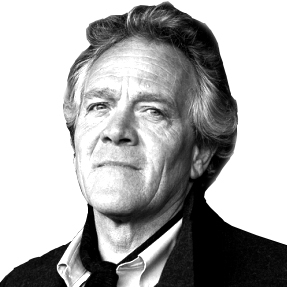Confirming the immutable law that governments always act most swiftly when their reputations are at stake, the Justice Department has sued Edward Snowden and the publishers of his book for violation of the secrecy and non-disclosure agreements that he signed before he worked for the C.I.A. and National Security Agency, and they are seeking to recover all proceeds from the book’s sales.
Although the horse has well and truly bolted on the state secrets brought out from the dark heart of the N.S.A. by Edward Snowden six years ago, a deed that resulted in espionage charges being filed against him, and sent him seeking asylum in Moscow, the U.S. government doesn’t want you reading his autobiography, Permanent Record, because the whole affair is still a huge embarrassment. So, continue here at your own risk, because, as Snowden points out, the device you are using may be accessed by some anemic, dead-eyed technician who can work out where you are on the page from watching your lips move on the device’s camera. Maybe he’ll take things further by looking through your e-mail and photos; maybe he’ll order up a drone strike. These days, who can say?


